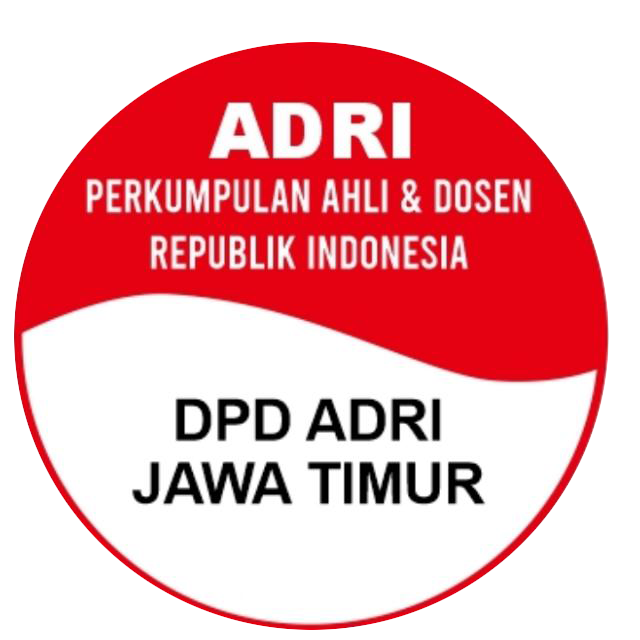The Confiscation of Assets in the Corruption Crime
DOI:
https://doi.org/10.55173/yurisdiksi.v18i2.147Keywords:
corruption crimes, economic analysis of law, confiscation of assetsAbstract
Corruption as an extraordinary crime so that the punishment is the Primum Remedium. Economic Analysis of Law can be used to increase the efficiency of handling corruption crimes (TPK) to provide a level of efficiency and a deterrent effect. The formulation of the problem in this research is how is the economic analysis of law in maximizing the looted assets from the crime of corruption? This research is based on judicial normative. The data were collected using the search method and literature review. Conclusion Based on the economic analysis of law, the shift in the orientation of punishment in criminal acts of corruption from corporal punishment to a combination of corporal punishment, large fines, confiscation of assets and impoverishment of perpetrators of criminal acts of corruption without diminishing the meaning of corporal punishment shows effectiveness and efficiency and will increase the deterrent effect for perpetrator.
Downloads
Published
Issue
Section
License
Copyright (c) 2022 Sulvia Triana Hapsari, Abdul Madjid, Nurini Aprilianda

This work is licensed under a Creative Commons Attribution-ShareAlike 4.0 International License.













